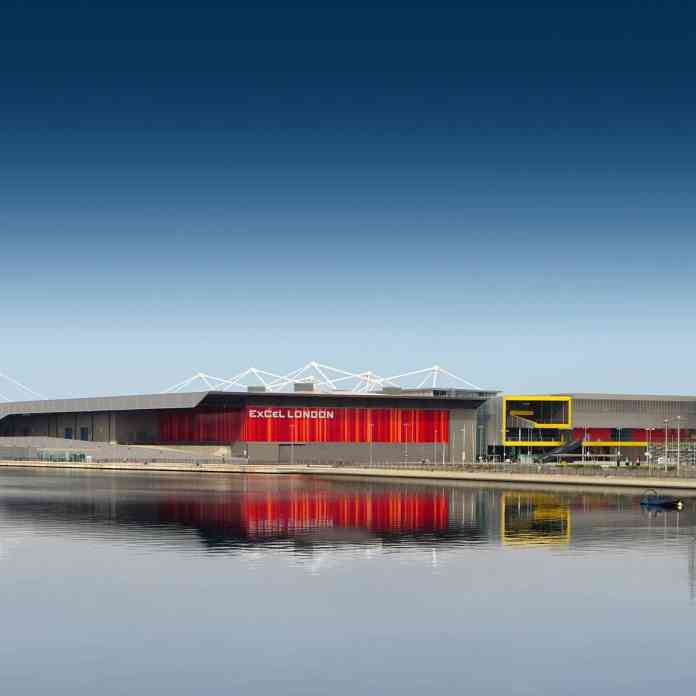
Protect duty and the events industry
David Townsend, Event Director of the Counter Terror Expo, gives his thoughts on the proposed Protect Duty legislation
It’s a certainty that the proposed Protect Duty could significantly impact the UK events industry. For a sector reeling from the effects of Covid-19, the thought of additional checks, measures and costs in complying with Protect Duty legislation is a concern for many. However, event organisers should see Protect Duty as an opportunity to bring clarity and focus to event security and counter-terrorism planning, creating safer events for visitors, exhibitors and staff.
The current Protect Duty consultation runs until the 2 July, and only after that will the final shape of any legislation start to become apparent. As an organiser who works in multiple venues, a key question will be the division of responsibility for security aspects between the venue owner/operator and Clarion as the event organiser who takes the tenancy. Physical security of the building and public areas will largely fall to the venue operators. But if there is a requirement for enhanced bag searches or X-Ray scanning, whose responsibility will this be? CTX has always conducted high-level security at its entrances, irrespective of venue security, but other events do not. The events industry will keenly scrutinise the details of the additional measures required by Protect Duty; this will be the area where most of the additional costs will lie.
One thing is for sure, a more joined-up approach between the venue and organiser will need to become the norm, potentially involving the local Counter Terrorism Security Advisor (CTSA) or other external security expertise. There is no point in organisers creating a secure event if the visitor queue extends outside the venue due to inadequate registration or crowd control. The venue and organiser will have to work together to ensure the safety of visitors both within the organiser’s tenancy space and the public areas. Just dropping the responsibility for the security plan onto the event Health & Safety team will not work, as the knowledge required is different.
There is a growing concern that organisers may have to add the cost of implementing enhanced security schemes onto ticket prices or stand rental. However, the main thrust of the legislation should be towards simple, affordable interventions that protect and reassure the public, as well as to deter would-be attackers. The Manchester Arena Inquiry found significant failings in staff training leading to complacency and a lack of awareness of the likely threat. Mitigating this, and creating a security culture, is an area that all organisers can focus on at minimal cost.
Fortunately, free resources are available such as 'Action Counters Terrorism' (ACT) e-Learning training for event staff. Counter Terrorism Policing has created an app allowing individuals and organisations access to the latest CT Policing information & guidance - over 100,000 downloads so far. Before CTX in September, our show team will have carried out the e-learning, facilitated by Clarion’s in-house training platform. This training is something any organiser can do, regardless of their budget.
Whatever your point of view on Protect Duty, it’s vital to engage with the consultation. Covid-19 and the safe reopening of events and venues may have the industry’s attention now, but Protect Duty will be with us long after the pandemic has subsided, so it’s essential you have your say.
















